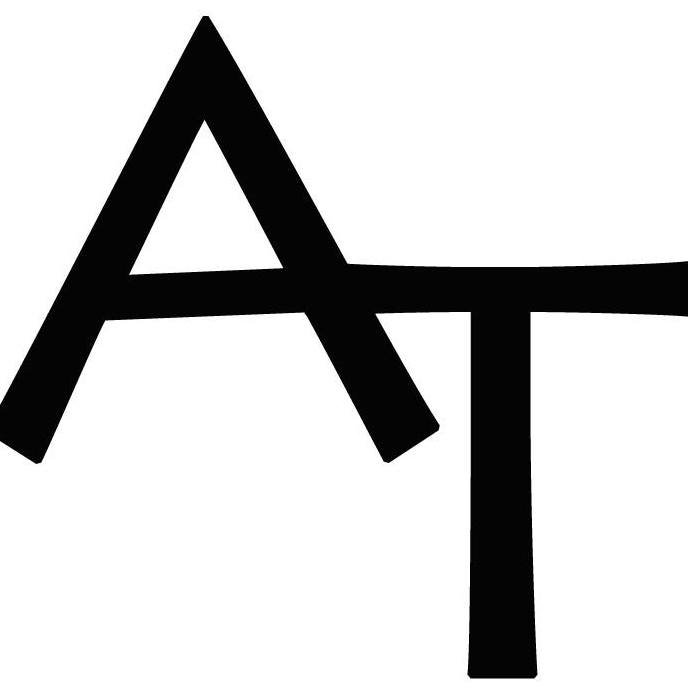
Non-monogamy
It's important to differentiate polyamory and open relationships from cheating. In polyamorous and open relationships, all parties involved are aware of and consent to multiple romantic or sexual connections.
Cheating, on the other hand, involves engaging in secretive and unauthorized actions outside of the established boundaries of a relationship.
For some individuals, the desire to love and form connections with multiple people is an inherent aspect of their identity. Just as people can love more than one family member or friend, they may also desire to extend that capacity for love to their romantic and sexual relationships.
Every relationship, whether monogamous, polyamorous, or open, is unique and operates on its own set of rules and agreements. What works for one couple may not work for another. It's crucial for individuals and couples to establish clear boundaries, openly communicate their needs and desires, and regularly revisit and reassess their relationship dynamics.
Polyamorous and open relationships can work and be fulfilling for those involved. They require a great deal of communication, honesty, and effort, often even more so than monogamous relationships. Education and understanding are key in navigating the unique dynamics and challenges that arise in non-monogamous relationships.
Ultimately, what matters most is that all individuals involved in any relationship style feel respected, valued, and have their emotional needs met in a consensual and ethical manner.
There are several resources available to individuals and couples interested in exploring polyamory and open relationships. Books such as "The Ethical Slut," "Topping," "Bottoming," "More Than Two," and "Polyamory in the 21st Century" provide valuable insights and guidance on topics ranging from managing jealousy to navigating imbalances in dating opportunities.

